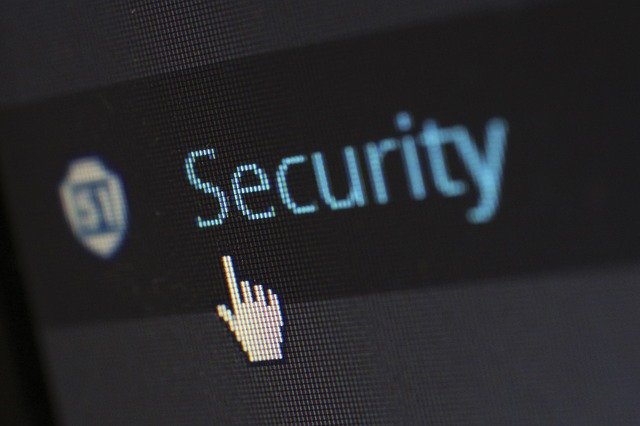A good chunk of human beings on the planet now have their whole lives on their phones or laptop. Computer hardware devices are no longer luxury items but now fall into the category of basic needs. They hold people’s work documents, calendar reminders, important personal stuff like bank login credentials, photos and much more. A successful hack can turn your life upside down.
The first step to staying safe is a finding the best antivirus software.
So, let’s get started with the ultimate guide to the best antivirus software.
Defining Antivirus & How antivirus works
An antivirus is a computer software program that blocks out malicious software from entering your computer. Malicious software is designed to either corrupt your hardware system or lie idle and steal your personal data.
Program/File scanning and script blocking
One of the ways an antivirus protects your computer is through reactive scanning. Basically, every new file or program is scanned before it’s opened. It all happens lighting fast in the background and a file or program will only open once the antivirus is satisfied that the item isn’t a virus by checking existing databases of known malware and also checking to see if it exhibits the behavior of known malware. These background scans have a way of using up lots of system memory so it is important to make sure your computer can handle the load by checking the system specifications of the antivirus software.
The second way the antivirus protects your computer is when you run a full system scan. During a full system scan, the antivirus checks every part of your system for signs of malware.
Malware database
Antivirus scans can’t be effective if the virus database does not include all known malware. This is why the antivirus product you choose must have an excellent malware detection rate. But, even with a good database, there is always the possibility of new and unknown malware breaching the defenses. This is why the antivirus software you choose must also use a technique known as heuristic analysis. In heuristic analysis, the antivirus checks a program or script for known malware behavior. If all boxes are ticked, then the program is prevented from executing. However, some antivirus programs flag safe programs as malware, a situation known as a false positive.
Automatic updates
A good antivirus will update itself automatically to ensure all databases and threat detection capabilities are up-to-date.
Removing malware
Removing malware is just as important as preventing infection in the first place. The best free antivirus programs do both well.
Other features
Some of the other features you should look for include:
- Randsomware protection – ransomware is malicious software that locks or encrypts your computer until you pay the program creator a ransom.
- File shredder – this completely erases files you have deleted from your computer.
- Others – other features include DNS protection, antispam protection, phishing protection, system optimization and password management.
Testing the antivirus
To be sure the antivirus works as described by the maker, you need to take it for a test run. The best way to do this is to install the free version or free trial version first. Another way to tell if the antivirus you intend to purchase works as described is to check test results at independent testing websites such as AV-TEST.
If you haven’t used the antivirus in a long while, you can also test to see if it still works by creating a fake virus file that triggers the antivirus into action. Create a new text file (.txt) using Notepad and enter standardized EICAR code. EICAR code is industry standard for virus testing. Enter this single line into the text file and click Save.
X5O!P%@AP[4\PZX54(P^)7CC)7}$EICAR-STANDARD-ANTIVIRUS-TEST-FILE!$H+H*
Once you click save, your antivirus should move into action and activate security protocols to eliminate the false virus. If this doesn’t happen, then there is a problem with your antivirus.
What do others have to say?
The opinions of other people who have used or reviewed the software is also important. There are several places you can reliable information such as Question and Answer websites and reputable software reviewers. Be careful with software reviews, though, because the reviewer may be biased or is receiving an affiliate commission for promoting a product. Security forums are also a good place to find out what the user community has to say about the product.
Conclusion
These are the main points are far an antivirus is concerned. Check the features of the antivirus and then test it to confirms it works as advertised. Independent antivirus testing sites can also help in this regard. Also, make sure you check what users and expert reviewers have to say. Do all this and you will have peace of mind whenever you turn on your computer.




